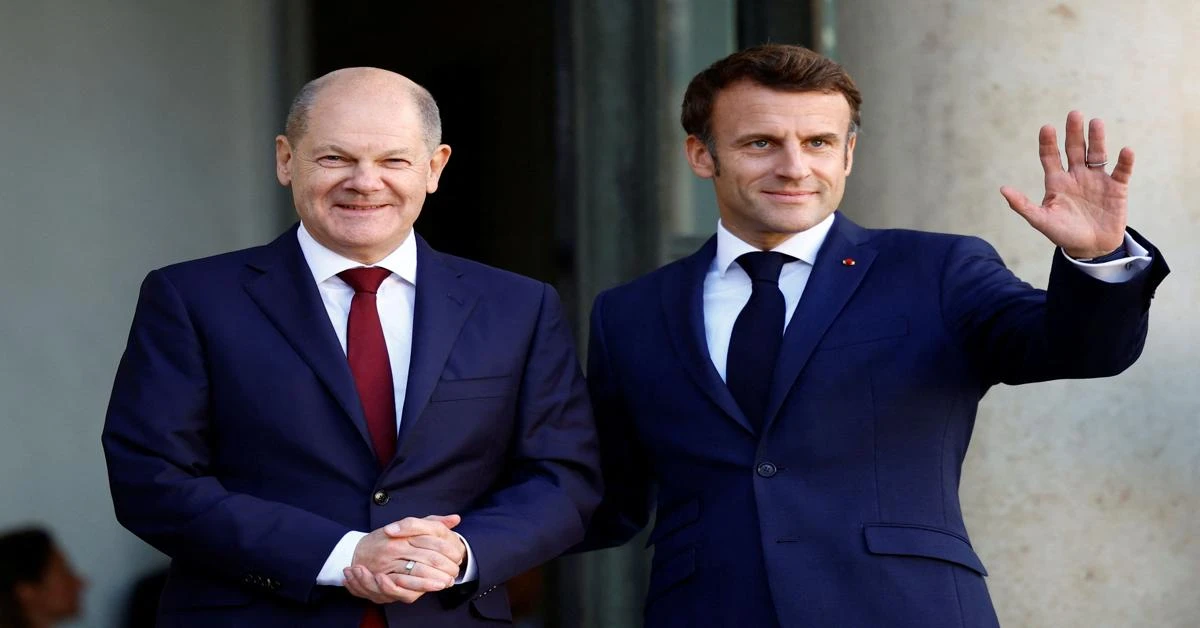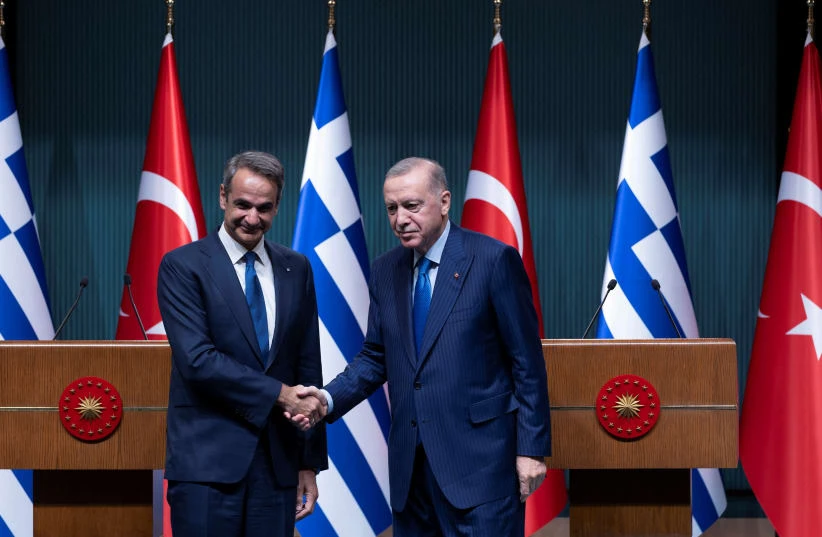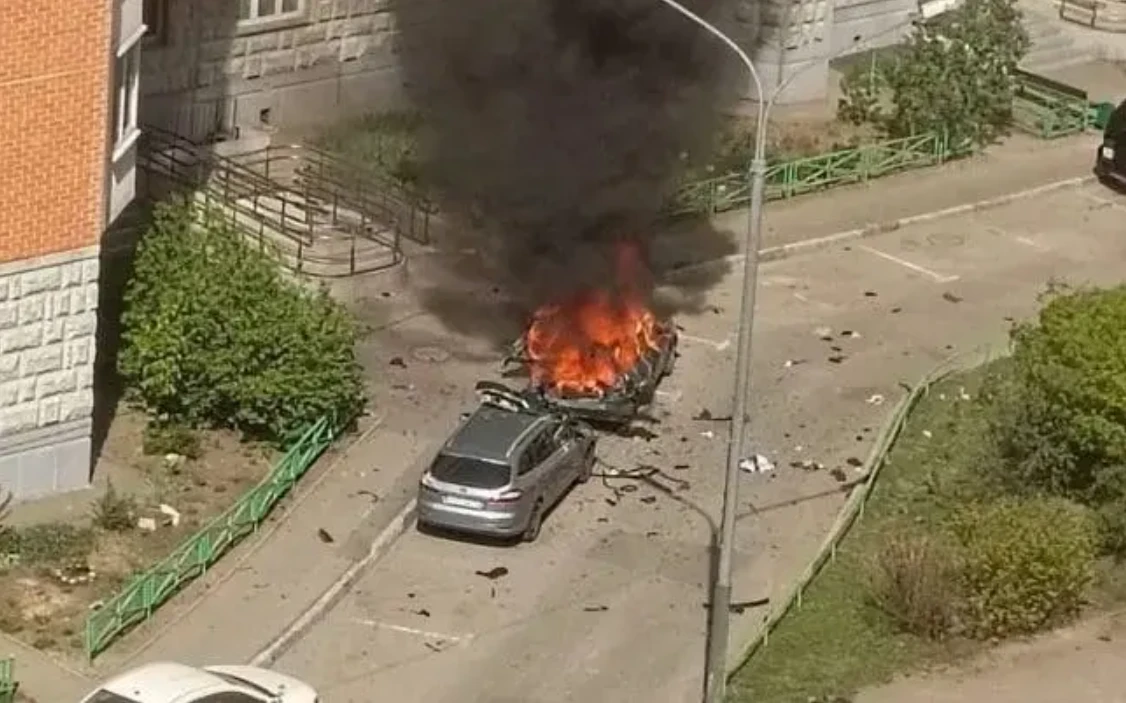French President Macron in Germany ahead of EU elections

French President Emmanuel Macron arrived in Germany on Sunday for a three-day state visit followed by a bilateral cabinet meeting, as the European Union’s two largest powers aim to demonstrate unity ahead of next month’s EU parliamentary elections.
24 years in making
Macron’s visit to Berlin, Dresden in the east, and Muenster in the west marks the first French presidential state visit to Germany in 24 years. The visit comes amid significant challenges for Europe, including the Ukraine conflict and the upcoming U.S. presidential election.
While Macron and German Chancellor Olaf Scholz have differing leadership styles and have publicly disagreed on issues such as defense and nuclear energy since Scholz assumed power in late 2021, they have recently reached compromises on fiscal reform and power market subsidies, enabling the EU to present a more cohesive front.
Navigating differences
Yann Wernert of the Jacques Delors Institute in Berlin acknowledges tensions in the German-French relationship but notes that addressing difficult topics has led to convergence on issues like EU expansion eastwards.
Mujtaba Rahman, managing director for Europe at the Eurasia Group think tank, views the visit as an attempt to showcase a functional relationship between France and Germany. However, fundamental gaps remain, particularly regarding European defense, especially if Donald Trump wins the U.S. presidential election, given his less predictable stance on NATO and European security.
Defense dilemmas
France, advocating for a more self-reliant Europe on defense matters, has been unsettled by Germany’s preference for American equipment for its European Sky Shield Initiative air defense umbrella. Germany argues that there’s no viable alternative to the U.S. military umbrella and emphasizes the urgency of addressing threats like Russian aggression.
Macron’s itinerary includes meetings with German President Frank-Walter Steinmeier in Berlin, as well as visits to Dresden and Muenster. However, the focal point of his trip will be the cabinet meeting in Meseberg, where discussions will center on defense, competitiveness, and aligning on the EU agenda amidst the rise of far-right parties in the upcoming parliamentary elections.
Rahman suggests that the EU should capitalize on the window between the parliamentary elections and the establishment of new leadership, especially if Trump is reelected, to advance ambitious plans and address challenges facing the union.



